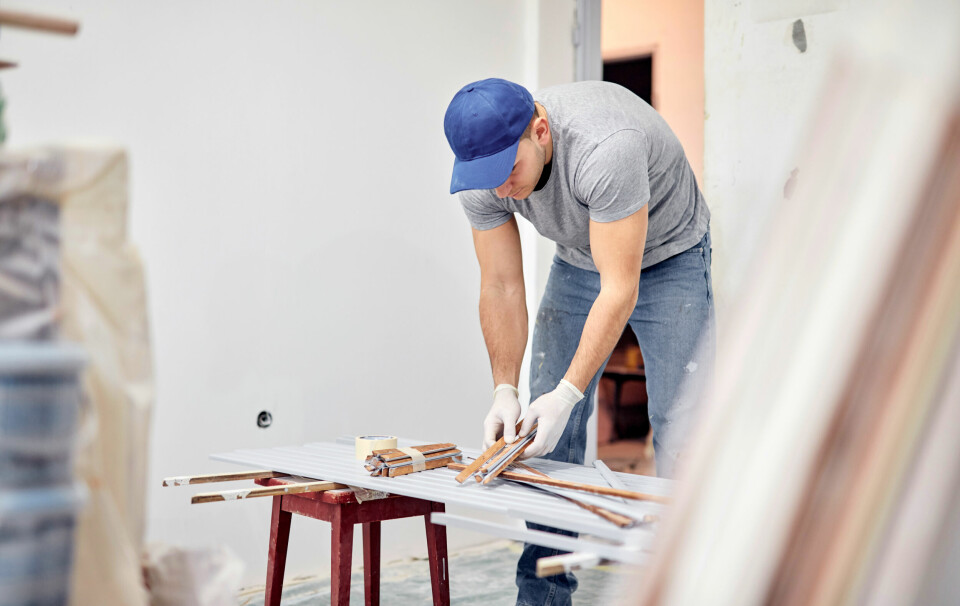-
Warnings issued over connecting to public WiFi networks in France
Lack of encryption and risk of connecting to ‘fake networks’ leave users at risk of hacking attempts
-
Cybercrime rises in France: see some free resources to fight it
Attacks are becoming more numerous, targeted and difficult to detect
-
Musk calls for EU to be abolished after €120 million fine for X
The South African billionaire’s social media platform was found to have breached EU rules
New ‘Power Road’ in France clears itself of snow
A new road built to stop black ice in Corrèze has already proved its worth... by keeping itself clear of snow thanks to built-in anti-icing technology

Snowploughs were out in force last month but one road in Corrèze needed no help to stay open. A 120m stretch cleared itself after being relaid with built-in anti-icing technology.
It was a spectacular demonstration of the effectiveness of the new ‘Power Road’ developed by Eurovia, part of the Vinci infrastructure group.
The road at Campus d’Egletons was black and easy to drive on compared to the snowy stretch leading up to it.
Aurélien Genet, head of works on the 100% eco project, said: “It was dry, compared to the rest.
“We laid bitumen with polypropylene tubes on top, with a steamroller bedding them in. A new layer of bitumen on top, and we had a road almost like any other.
“Except, we have a heat pump where heat from the town’s déchetterie waste site is transferred to the road via the transfer fluid in the piping.”
Working in reverse, a similar system could hold heat from the road in a geothermal store. Bitumen can heat to 60C in the sun and transferring the heat into the ground cools the road. Eurovia says it could also cool a street surface in a hot summer city centre to give an immediate beneficial effect.
Mr Genet said: “In winter, sensors register once it is -3C and damp, and the town energy system switches in to warm the road to clear ice or snow.” In all, there is about 3km of tubing in the road, connected with plastic screwon fittings like a garden hose.
Clearing or cooling roads is just one use. It can also heat a swimming pool, as is happening in Loire, where the municipal pool in Feurs is heated by solar thermal power from the relaid surface of a nearby cinema car park.
Heating local homes has also been costed, and Eurovia has a “reverse” test at Pontarlier, Doubs, where excess household heat helps melt snow on a school car park and pavements. Clearing snow and ice is a key aim and Eurovia foresees its systems being used to keep airport runways clear and, perhaps, sports fields.
The Corrèze test surface cost about €250,000 more than a normal road but prices will reduce on larger sections. ‘Power Road’ is being tested in real conditions and one test site is vital: the access road to the HGV parking area at Saint-Arnoult péage on the A10 in Yvelines, outside Paris.
However, lorries were the final blow for another type of power road, a solar road laid in Orne, Normandy, which fell apart from the pounding of HGVs.
Built by Colas, the road at Tourouvre au Perche was paved with strengthened solar panels but they failed, giving much less power while being unable to cope with heavy traffic and creating noise problems for neighbours.
Colas is working on different versions of the solar panels but says a road will not be the future use.
Elsewhere, Eurovia is testing plans for mobile induction charging for electric cars by fitting cabling into roads to create a wireless induction charging field, like that for mobile phones.
The technology has worked in laboratory tests on a track at Satory, near Versailles, and the company has won a contract to conduct further tests on stretches of motorway at speeds of up to 130kph.
Innovation director Didier Deschanel said it would not recharge vehicles, just maintain charge while on the autoroute – users pay a higher péage toll – allowing smaller batteries or longer range.
























